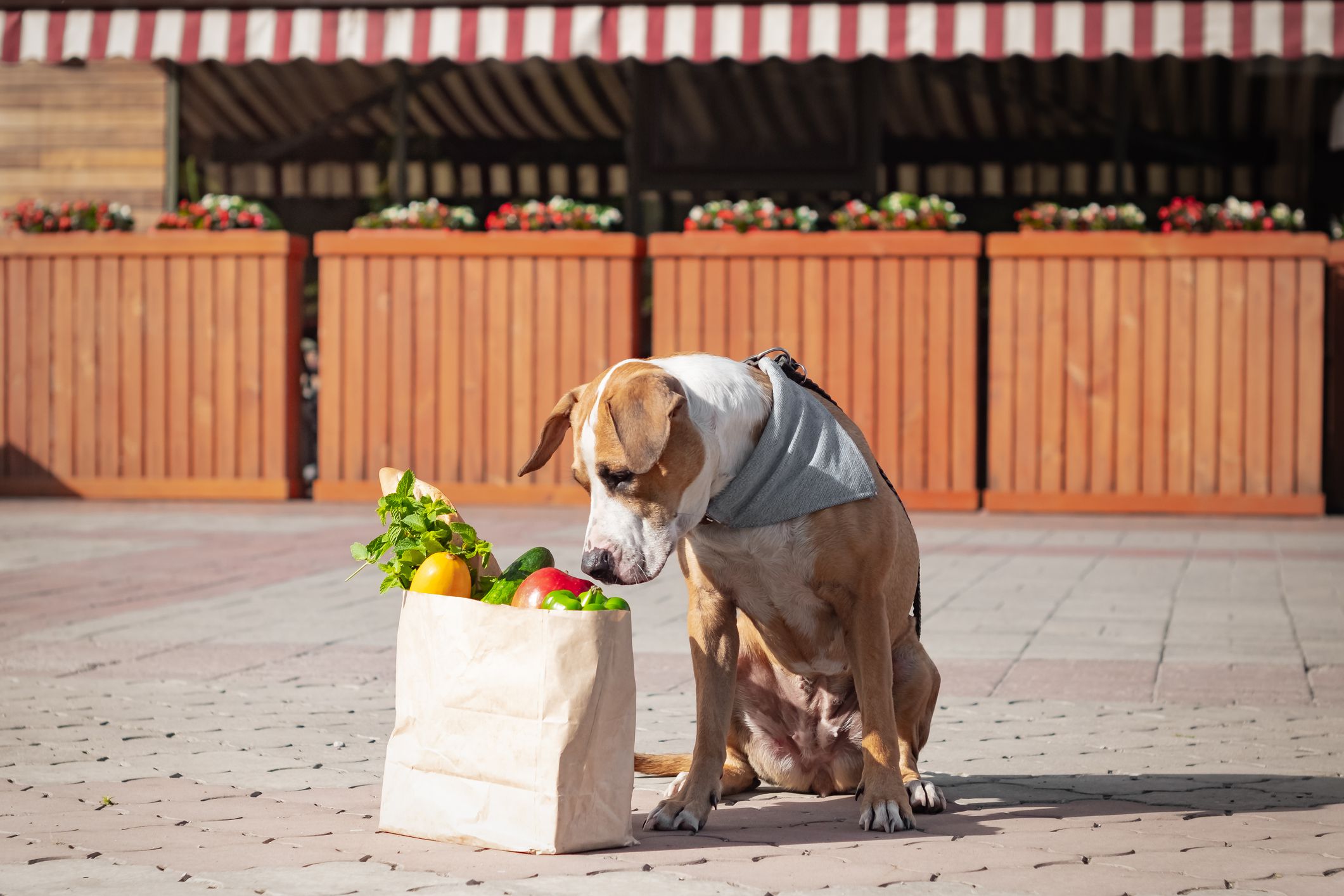How to Choose the Best Vegan Dog Food – Dogster Leave a comment
Turning your dog vegan is a controversial topic.
But as more humans contemplate plant-based lifestyles themselves, it becomes a relevant idea for dog parents.
Dr. Ilana Halperin, chief of service for Community Medicine at UC Davis School of Veterinary Medicine in California, says since dogs are omnivores, it is possible for a vegan diet to contain all the vitamins, minerals, protein, carbohydrates and fats needed for a healthy diet.
“But in practice, meeting a dog’s protein, amino acid and macro and micronutrient needs is complex and can be difficult to do properly when meat is eliminated from the diet,” she says.
Look for these criteria when buying vegan dog food
Dr. Marybeth Minter, who offers nutritional counseling at Mariposa Veterinary Service in Utah, says there are an increasing number of vegan dog food brands coming to the market.
“It’s best to not just feed straight kibble,” she says. “There are good canned selections on the market. There are some formulas that have some organic ingredients.”
When choosing vegan dog food, Dr. Halperin suggests following these criteria:
Choose a reputable brand that has done extensive testing and feeding trials on their finished product. Find a complete-and-balanced diet that meets Association of American Feed Control Officials(AAFCO) or European Pet Food Industry Federation (FEDIAF) guidelines, and the finished product should meet their nutrient profiles. The pet food company should employ a veterinary nutritionist or a nutritionist with a PhD in animal The diet should be formulated by the veterinary nutritionist trained in pet food formulation or someone with an advanced degree in animal nutrition. The manufacturer should perform ingredient validation, final diet nutrient analysis, toxicology, bacteriology and packaging/shelf-life screenings prior to, during and after manufacturing.
Try these vegan dog foods
If dog parents opt for a vegan lifestyle for their pets, what are some options?
These three vegan dog foods meet the expert criteria mentioned above:
Harvey’s Canine Health Miracle Dog Food lends itself well to a vegan diet for canines because it allows for protein rotation in a nutrient-dense pre-mix. In fact, longtime vegan, actress Alicia Silverstone details in her blog how she makes her own dogs’ vegan diet with this food. It’s a blend of six organic grains and nine dehydrated vegetables without dyes, chemicals or preservatives. Preparation involves adding hot water, a protein and an oil like olive oil. A 5-pound bag is $46 and makes 33, 1-pound meals. Halo’s Garden of Vegan comes in both dry and wet food They are complete-and-balanced recipes made with sustainable, humane ingredients and are non-GMO. The dry food contains prebiotics, probiotics and postbiotics to help support digestive health. Halo also has meat-free treats, including Peanut & Pumpkin; Sweet Potato, Carrot & Quinoa; Oats & Blueberry; and Oats, Peanut Butter & Banana. The dry food is $48.99 for a 10-pound bag and a case of 12, 5.5-ounce cans is $29.99. JustFoodForDogs’ Tofu & Quinoa Recipe is made with fresh, whole food, plant-based ingredients, including tofu, sweet potatoes, quinoa, kale, white mushrooms, blueberries and nutritional yeast. JustFoodForDogs is a company that has made a name for itself by offering freshly cooked human food designed for pets. The vegan diet was developed in conjunction with vegan pet nutrition researchers. $79.03 for a 7.8-pound small box.
Should dogs be vegan?
Ultimately the choice of whether to convert your dog into a plant eater is up to you. There are many brands adding vegan lines or that are entirely vegan. If you decide to try dog food, look for a company that has done its research and that also has an eye for quality ingredients — like no GMOs and with organics.
“If a dog owner is dedicated to feeding a vegan diet I recommend working with a veterinary nutritionist to ensure the diet they choose meets the dog’s specific needs and takes into account age, breed, activity level and any health conditions they may be living with,” says Dr. Halperin.
“Many pet owners may be looking into vegan diets as a more eco-friendly or humane alternative to traditional diets. This is very understandable — plant-based diets for humans make a lot of sense when one is trying to minimize our impact on the environment and on animals. However, considering how complex nutrition is and how dogs’ needs differ from humans’ needs, it can be safer for our pets for us to find other ways to promote sustainability such as limiting meat sources in diets to sustainable-sourced fish or working with a board-certified veterinary nutritionist to formulate a diet using humanely sourced meat.”

